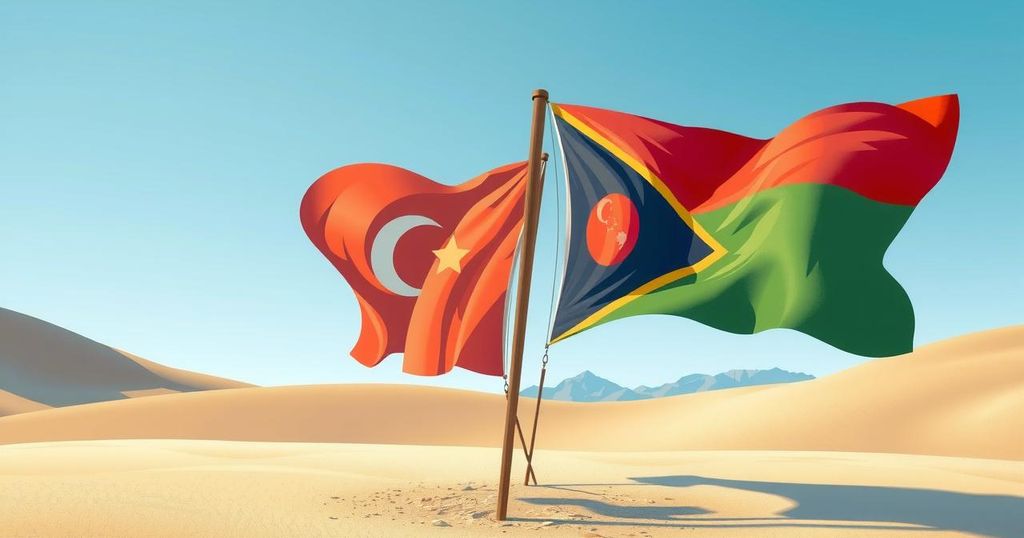Rwandan and DRC presidents support a ceasefire after talks in Qatar, following failed peace negotiations in Angola. They discussed the need for political dialogue addressing conflict in Eastern DRC. Despite recent violence by the M23 group, commitments were made to a ceasefire and regional stability.
The presidents of Rwanda and the Democratic Republic of the Congo (DRC) convened unexpectedly in Qatar, signaling their support for an immediate ceasefire following unsuccessful peace talks in Angola. Rwandan President Paul Kagame and DRC President Felix Tshisekedi met with Qatar’s Emir Sheikh Tamim bin Hamad Al Thani. As per a joint statement, the leaders reaffirmed their commitment to an immediate, unconditional ceasefire, reflecting discussions from an African summit the previous month.
The meeting, described as fruitful, aimed to foster confidence in the shared goal of a secure and stable future for the DRC and its region. The Rwandan presidency emphasized the urgent need for direct political dialogue involving all parties to address the conflict’s root causes in Eastern DRC. Kagame expressed optimism that collaborative efforts could facilitate faster progress toward resolution.
The DRC confirmed the discussions, which remained confidential until Tshisekedi’s return to Kinshasa. Following the talks, a spokesperson for the DRC presidency announced on social media that an “immediate and unconditional ceasefire” was agreed upon, with plans to clarify the implementation details in the upcoming days.
Earlier on the same day, peace negotiations in Angola collapsed when the M23 group, which has been accused of instigating violence in the eastern DRC, withdrew at the last minute. The group claimed that sanctions from certain international institutions undermined peace efforts and made dialogue impossible, highlighting a continuation of hostility from Kinshasa.
The M23 has been involved in a violent campaign since January, capturing key cities Goma and Bukavu and resulting in significant casualties. The European Union’s sanctions on Rwandan military figures for their involvement with the M23 have further strained these relations. General assessments by UN experts suggest Rwandan influence over M23, alleging military support to exploit the region’s resources; however, Rwanda denies these claims, citing threats from other militant groups as justification for its actions.
The unexpected ceasefire talks between the Rwandan and DRC presidents in Qatar demonstrate a renewed commitment to peace following failed negotiations in Angola. With an emphasis on direct dialogue and addressing underlying conflict issues, the leaders aim to foster stability in the region. Nonetheless, the M23’s violent actions and external sanctions present significant challenges ahead. The outcomes of this meeting could pave the way for future peace efforts, but ongoing tensions remain a critical concern in the DRC.
Original Source: www.hindustantimes.com






